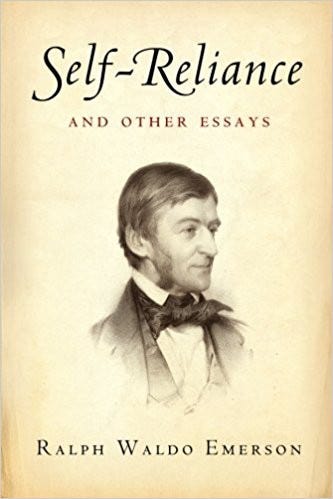A Problem with Self-help Books
Originally posted here on Mar 6, 2021
Recently I was revisiting one of the classics - 'How to win friends and influence people' by Dale Carnegie. This book, although not scientific, is helpful. That is, if you follow the advice in the book, then you can expect above-average results. It is straightforward, easy to read, and offers practical advice. No wonder, it is highly recommended by many-many really smart people. But, there is a problem.
Dale through this book set the foundations for the modern self-help genre. The book follows a structure of sections divided into chapters, with each chapter based on a principle. In each chapter, there are several examples and logical arguments that support the principle with the goal to persuade the reader. Almost all self-help books follow a similar structure.

The problem is this - most authors, including Dale, cherry-pick examples to prove a point without giving a complete picture.
Let me explain.
In section three, there is a chapter on getting cooperation from others.
- Chapter Name: How to Get Cooperation.
- Principle: Let the other person feel that the idea is his or hers.
The point that Dale wants to make in this chapter is "No one likes to feel that he or she is being sold something or told to do a thing. We much prefer to feel that we are buying of our own accord or acting on our own ideas. We like to be consulted about our wishes, our wants, our thoughts."
He uses many examples in the chapter to prove his point. Most of them focused on selling things. But the one I found most fascinating was this particular quote that Dale used as a supporting example.
- Supporting Example: Ralph Waldo Emerson in his essay “Self-Reliance” stated: “In every work of genius we recognize our own rejected thoughts; they come back to us with a certain alienated majesty.”
I had heard about this essay by Emerson and always wanted to read it. So, I took a detour and started reading 'Self-Reliance'. The essay was fascinating. I highly recommend that you read it. It is an essay from the self-help genre before self-help was a thing. Written in the 1800s, it is bold and as relevant today as it was 200 years ago.

But that was not what fascinated me most about it. The most fascinating thing, to me, was that the whole essay is based on the concept of individualism and most of the advice in the essay is completely opposite to what Dale offers in his book. Dale's book is about social intelligence while Emerson does not care about what people think. Here are some examples.
- "He would utter opinions on all passing affairs, which being seen to be not private but necessary, would sink like darts into the ear of men and put them in fear."
- "Society is a joint-stock company, in which the members agree, for the better securing of his bread to each shareholder, to surrender the liberty and culture of the eater."
- "What I must do is all that concerns me, not what the people think."
Think of it like this - If Emerson read 'How to win friends and influence people', he would start fuming and call all the advice in the book bullshit. According to him, one should not care about winning friends and influencing people. But, Dale, treading carefully, the line between true and false, gives an impression that Emerson, an authority, supports what Dale proposes. But Emerson does not, he abhors what Dale proposes.
This is the problem with most self-help books. When authors use examples without giving the complete picture, it misleads the reader into believing things that are not true. Even worse are instances when readers are tricked into believing that they know more about a topic or a person than they actually do.
Should you read Dale? Yes. Should you read Emerson? Yes. Is Dale right? I don't know. Is Emerson right? I don't know. Should you believe them and their ideas completely, before getting the complete picture? No.